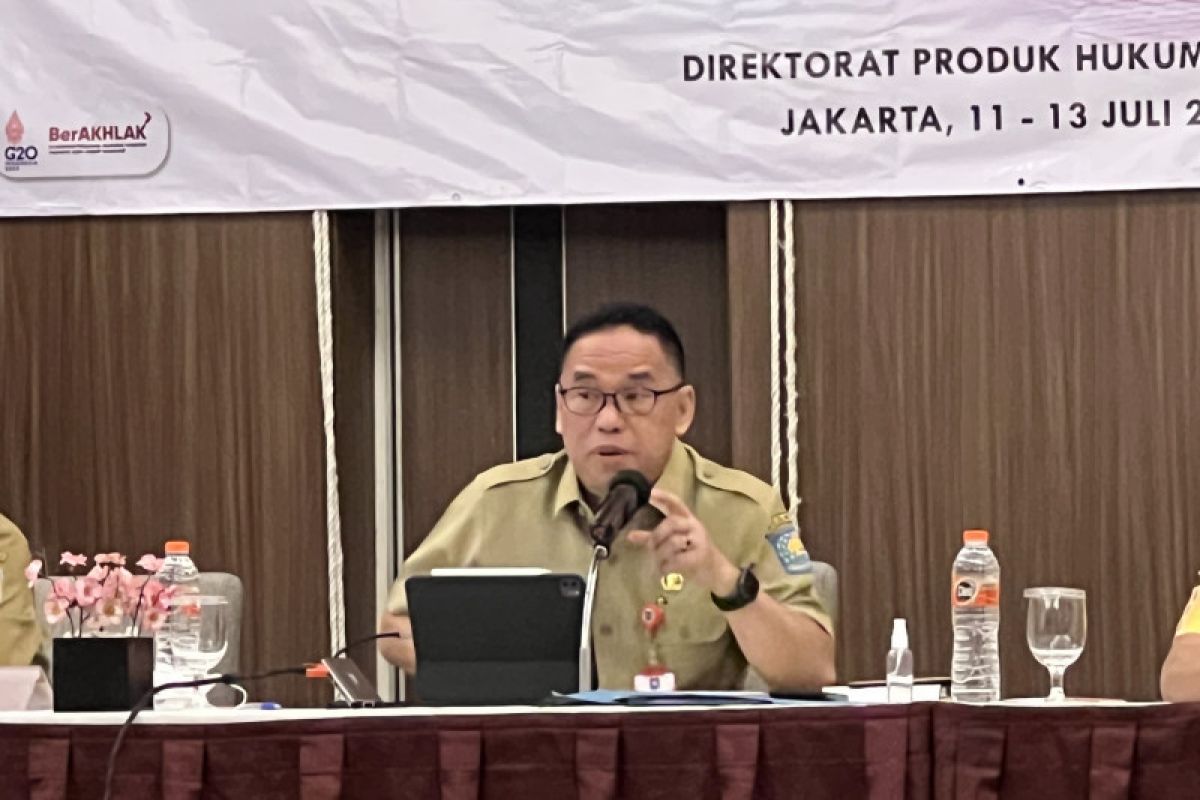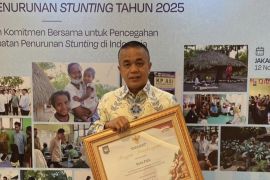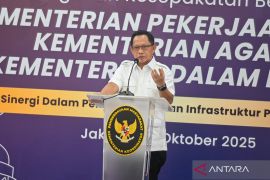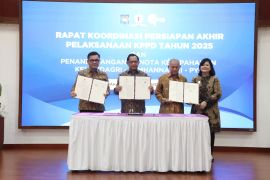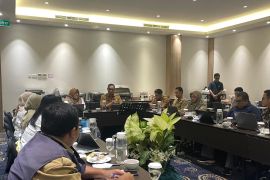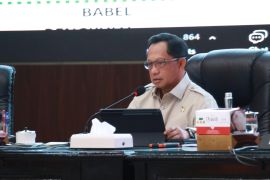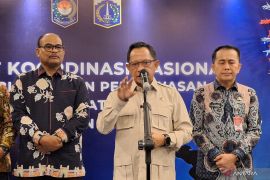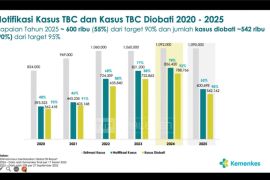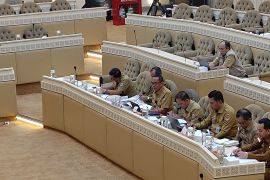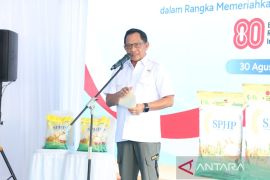"Regulatory simplification is actually one of the president's work programs, especially the five work priorities for the 2019-2024 period," Marbun stated while delivering his presentation at the Identification and Mapping Meeting on Priority Scale for Regional Regulation Needs here on Tuesday.
Apart from regulatory simplification, Marbun remarked that four other priorities from the five work priorities that he had highlighted were human resource development (HR), infrastructure development, bureaucratic simplification, and economic transformation.
He then drew attention to several factors that necessitated the simplification of regulations at the local government level.
Related news: Papua division bill guarantees affirmative action for native residents
The main factor is regulations that have expired. Regulations that have expired tend to be inconsistent with conditions, either due to developments in the situation at the regional or central level.
"There are regulations that have expired, which are not appropriate, but are still being maintained in the regions," according to Marbun.
The next factor is regulatory obesity due to several regulations that are maintained despite them having no legal basis.
"All existing regulations in the regions are still maintained by local governments even though these rules no longer have a legal basis. This is no longer appropriate," he pointed out.
This discrepancy causes regional regulations to not be implemented in fulfilling the duties of local governments in their respective work areas.
Related news: Home Ministry records 206 million potential voters for 2024 elections
Hence, Marbun emphasized the importance for local governments to review the applicable regulations.
According to Marbun, results of the review could be the basis for simplifying regulations, planning, and implementation of regional regulations.
"Hence, I need to emphasize that regulatory simplification has become a priority,” he stated.
Through regulatory simplification, Marbun is optimistic that local governments would be able to create regulations that can actually support the economy, contribute to development, and provide welfare to the community, so that local governments are not solely oriented to the number of regulations.
"We are trying to improve the people's welfare through (simplification of) regional regulations," Marbun stated.
Related news: Ministries verify Surabaya's eligibility as child-friendly city
Related news: Parliament passes five provincial bills as law
Translator: Katriana
Editor: Fardah Assegaf
Copyright © ANTARA 2022
